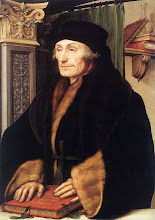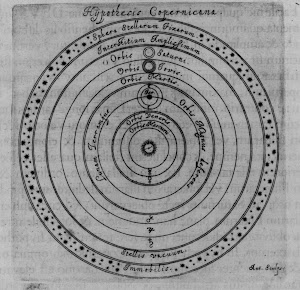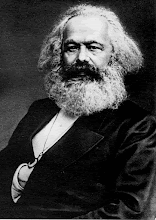 How does the emotionalism of this passage relate to enlightened thinkers' fascination with the passions and the workings of human reason? Did eighteenth-century religious thinkers and religious practices accept or reject new enlightened ideas about human nature and behavior? How would Voltaire have responded to Wesley and his revivalism? Why did Wesley hold such large, outdoor religious meetings, and what might the establishment church have thought about this? (page 497)
How does the emotionalism of this passage relate to enlightened thinkers' fascination with the passions and the workings of human reason? Did eighteenth-century religious thinkers and religious practices accept or reject new enlightened ideas about human nature and behavior? How would Voltaire have responded to Wesley and his revivalism? Why did Wesley hold such large, outdoor religious meetings, and what might the establishment church have thought about this? (page 497)Thursday, December 18, 2008
“The Conversion Experience in Wesley's Methodism”
 How does the emotionalism of this passage relate to enlightened thinkers' fascination with the passions and the workings of human reason? Did eighteenth-century religious thinkers and religious practices accept or reject new enlightened ideas about human nature and behavior? How would Voltaire have responded to Wesley and his revivalism? Why did Wesley hold such large, outdoor religious meetings, and what might the establishment church have thought about this? (page 497)
How does the emotionalism of this passage relate to enlightened thinkers' fascination with the passions and the workings of human reason? Did eighteenth-century religious thinkers and religious practices accept or reject new enlightened ideas about human nature and behavior? How would Voltaire have responded to Wesley and his revivalism? Why did Wesley hold such large, outdoor religious meetings, and what might the establishment church have thought about this? (page 497)
Subscribe to:
Posts (Atom)




























